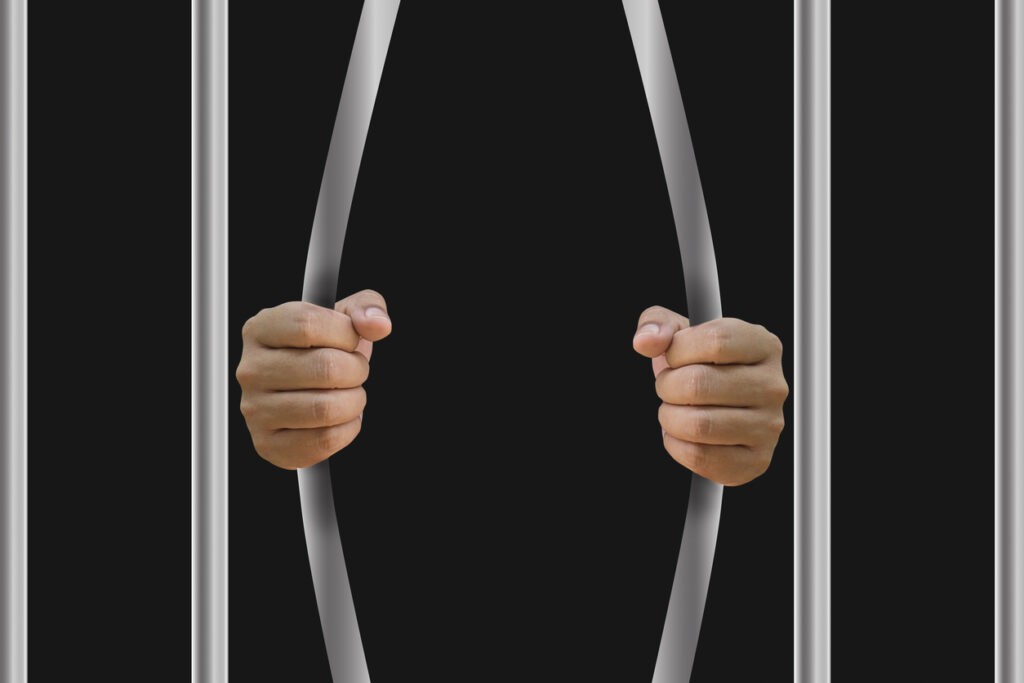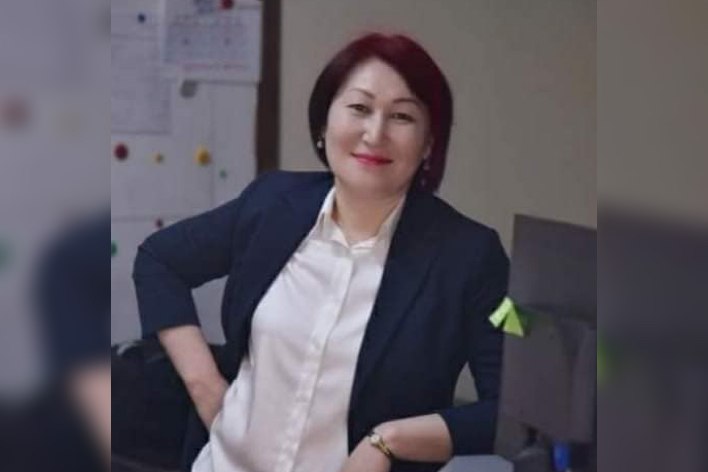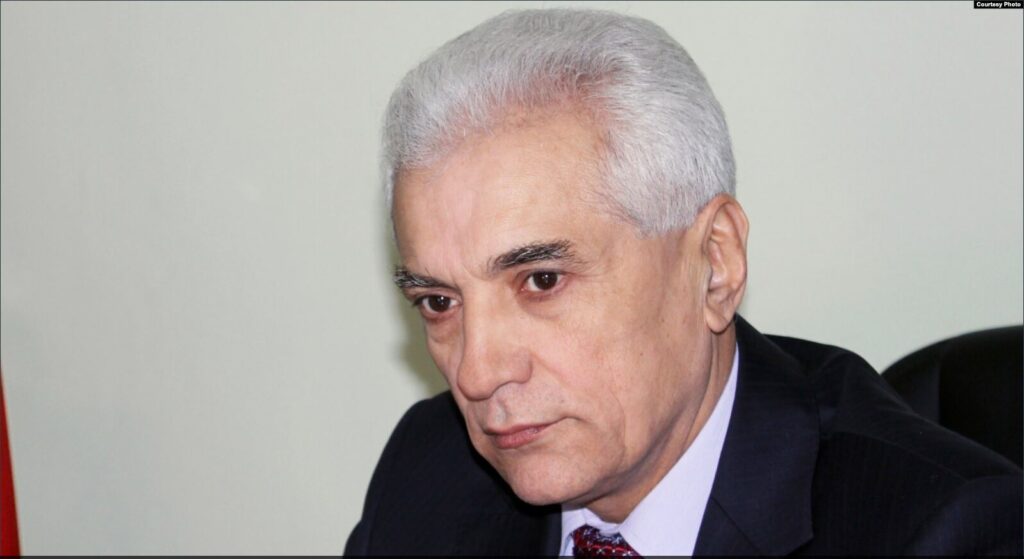In response to data issued by international experts citing the current level of human trafficking in Kazakhstan, President Kassym-Jomart Tokayev has just signed a law to address the situation. First and foremost, the new law aims to protect and provide social support for victims, the majority of whom are migrant workers, people with disabilities, solitary pensioners, young women and children. Referencing statistics, First Deputy Minister of Internal Affairs Marat Kozhaev announced that 19 criminal cases were opened in Kazakhstan for child trafficking in 2023, with an additional six already logged this year. He explained that most of the children are sold within the country to meet the demand of people unable to have their own. Such cases involve staff from perinatal centers and orphanages, as well as people with unwanted pregnancies. Child trafficking is a lucrative business which continues apace despite the threat of a jail sentence of up to 18 years. According to the police, there were cases this year of parents asking for between KZT100,000 to KZT2 million, equivalent to 208 -4,168 US$, for their new-borns. Young mothers often look for potential buyers online, even while pregnant. Under the recent law, the Criminal Code has been amended to include “crimes related to trafficking in persons”, covering kidnapping, unlawful confinement, human trafficking (including trafficking minors), prostitution, etc. Amendments have also been made to the Administrative Code aimed at preventing the sale of children, including new-borns, through the introduction of the clause: “Failure of officials to report incidents of abandonment of new-borns, admission and delivery of orphans and children without parental care.” Incidents of human trafficking are invariably tragic. In most cases, the victims usually poor or homeless, are taken by force or deception to remote corners of the country, where forced to work on peasant farms, they are subjected to backbreaking labor, beatings, and a lack of medical care for months or years. The situation becomes more complicated if the victim is a migrant from Uzbekistan, Kyrgyzstan, or Turkmenistan. Such workers often without the documentation to work legally, are attracted by promises of decent pay and then literally put in chains. Another illegal business is begging. Not long ago, on a street in Almaty, volunteers rescued a lone, elderly person who had been forced through beatings and starvation to beg for several months. As a result of the beggar's testimony, a gang of slave traders was arrested the following day. Enforced prostitution is also common, particularly amongst low-income families and orphans. International experts have repeatedly warned Kazakh authorities of the need to increase its legal levers to tackle human trafficking. In 2020, the US placed Kazakhstan on its watch list which as Kazakhstan’s commissioner for human rights Elvira Azimova, said at the time, was a direct response to the country's number of victims. “The official numbers of identified cases of human trafficking and criminal prosecution in Kazakhstan are significantly lower than in neighbouring countries - including Kyrgyzstan and Uzbkistan - for whose population Kazakhstan is a destination. This may...






